Vote 4 Nature Manitoba 2023!
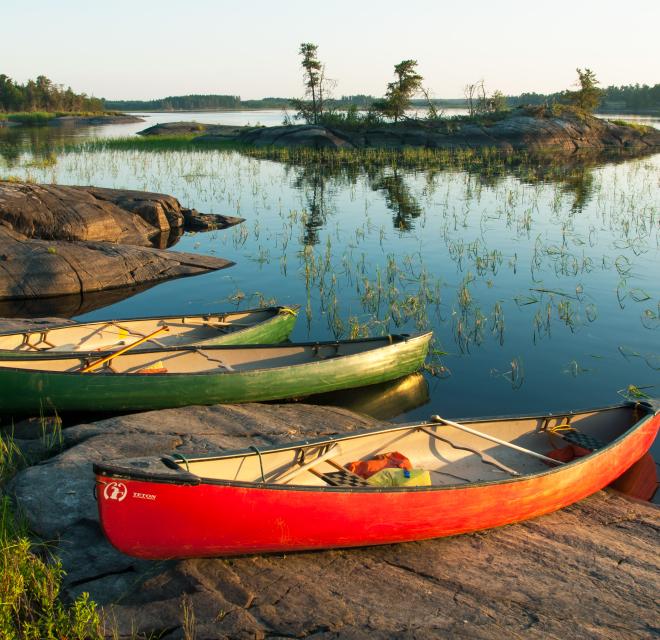
Let’s make this election about the environment
This election is critical for so many reasons. Healthcare, education and the economy are all issues polling as high priority for voters.
What connects those issues and others? Nature.
The reality is nature nurtures us. Nature provides the things we hold dear and make our world possible. Nature care is climate care.
In 2020 the World Bank reported that protecting nature is good for the economy. Countless studies have shown exposure to nature improves health and lowers healthcare costs. And as the nature-centred society we need is realized, nature education will help future generations build a better way forward.
We all must #Vote4Nature. When the election comes up for discussion in your circles, here are five things candidates can commit to protecting nature in this province:
Parks are not for profit
Selling off nature care to profiteers has been a horrible new development in Manitoba, and one that must be reversed. Here’s a score of what’s been happening in recent years:
- In Turtle Mountain Provincial Park the government privatized new huts instead of adding yurts.
- Park pass sales were sold off to a company in Texas, which came with a massive fee increase.
- St. Ambroise Provincial Park was sold off for 17 years to a private operation.
And now our campground reservation system has been auctioned off to an Ontario company who, when called to sort out a reservation, can’t tell you what site 31 at Tulabi Falls even looks like.
Tell candidates
That parks and nature must be cared for in the communities where they exist, and as part of a robust public service system.
The world said we need more nature
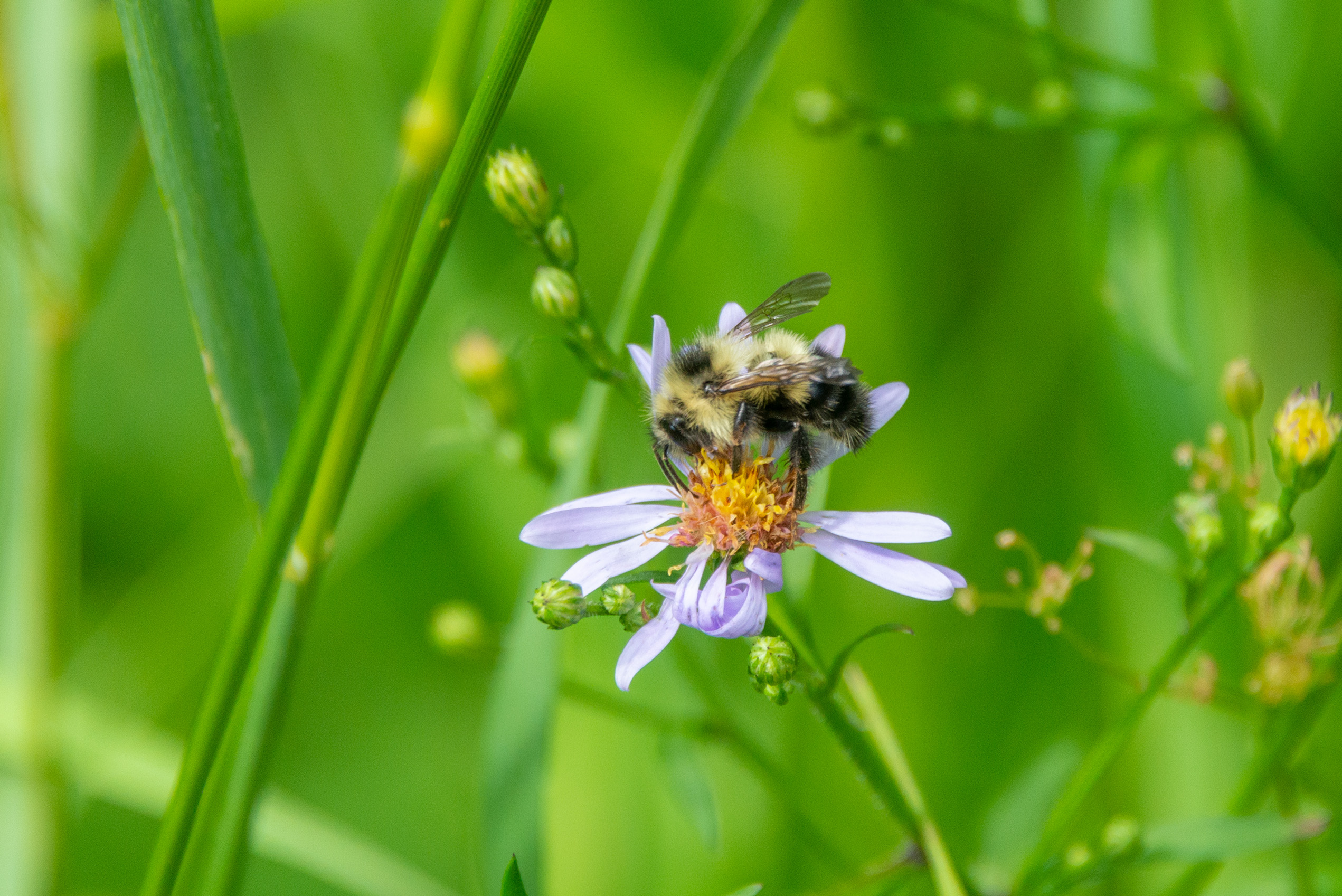
Last year, the world came to Canada to sign a historic pact to protect biodiversity — 196 countries signed the Kunming-Montreal Framework which commits to protect 30 per cent of the world’s lands and waters by 2030. This is a big deal!
Unfortunately, the Manitoba government has miserably failed to accept this globally critical challenge. Manitoba has yet to meet the paltry 12 per cent protected area goal they committed to way back in 1992. Protected areas like provincial parks actually grow the economy, according to repeated studies.
Tell candidates
To commit to the 30 per cent protected areas goal, including the resources to reach it.
Nature parks not industrial parks
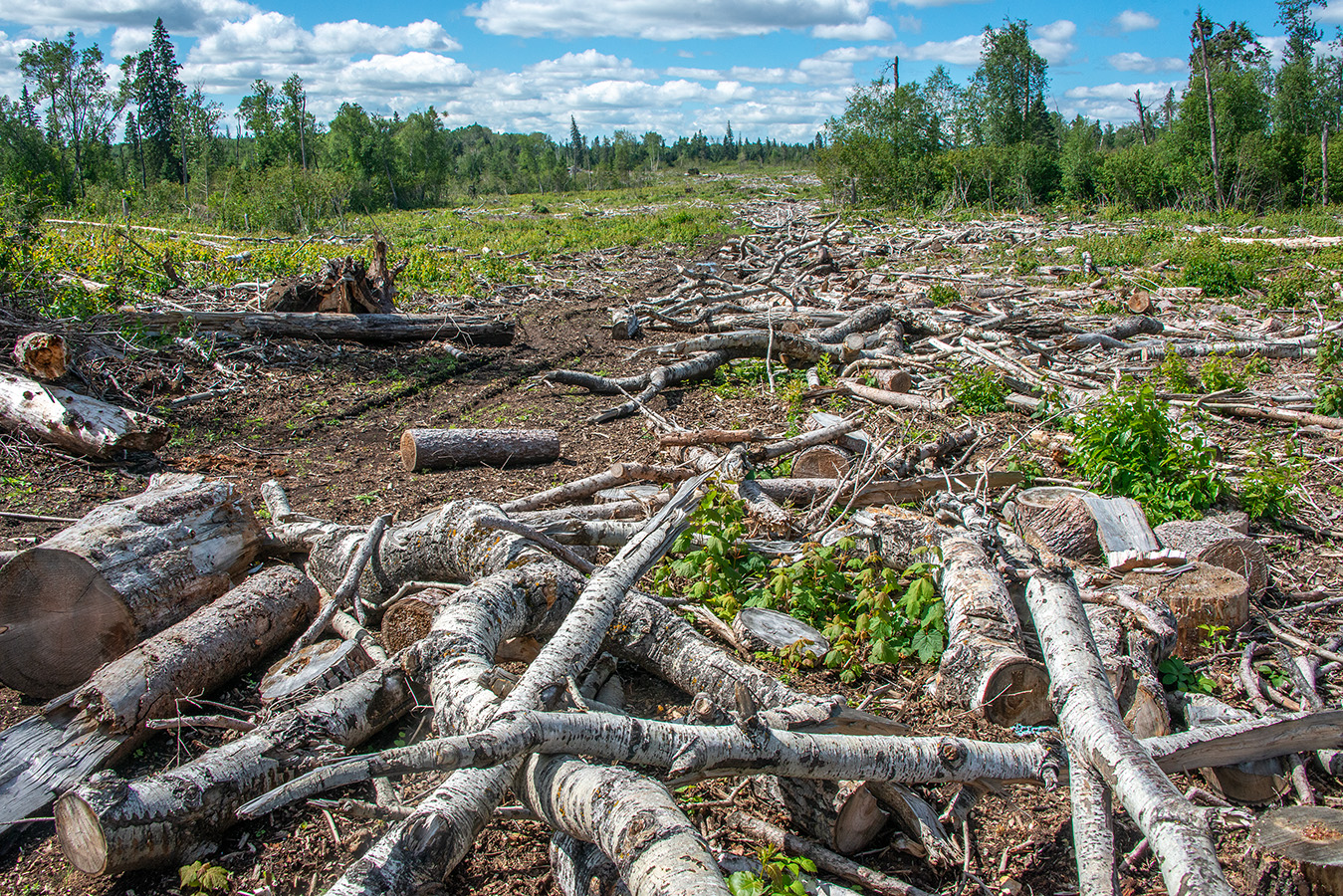
A bulldozer has a place in an industrial park, but there’s no rationale for bulldozing hundreds of kilometres of resource extraction roads through nature in provincial parks. It’s hard to believe we’re still following the ancient concept that parks can be used for resource extraction and also protect nature and provide recreation. These outdated ideas are leaving lasting damage.
Just like you, we want industrial activity out of parks. When polled, 70 per cent of Manitobans agreed. Whether it’s mineral exploration roads bulldozing through Nopiming or logging clearcuts scarring Duck Mountain, we must preserve nature parks not industrial parks.
Tell candidates
That they must commit to get industry out of parks.
Biodiversity is protected by Indigenous conservation
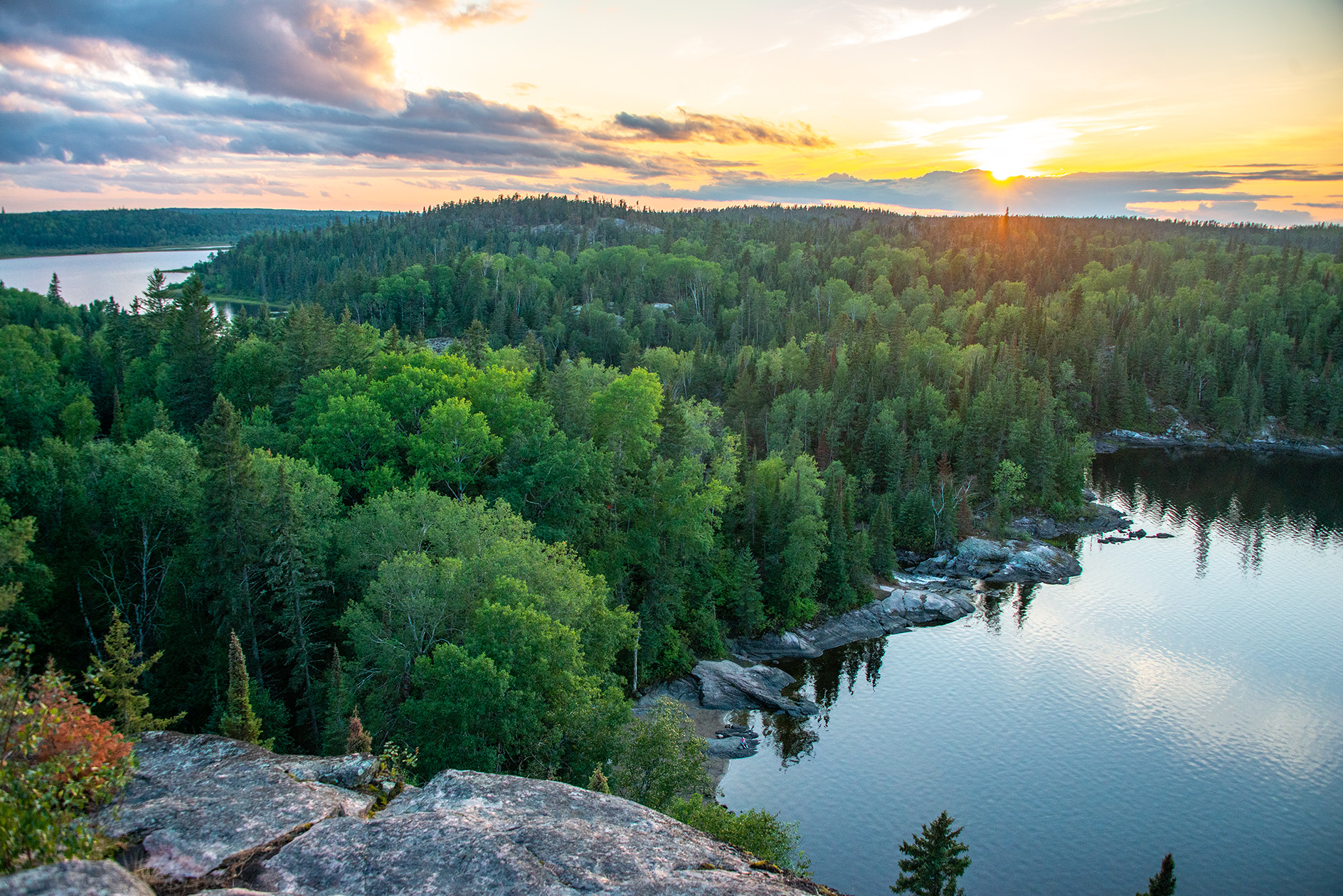
Worldwide, 20 per cent of the land controlled by Indigenous Peoples protects 80 per cent of the planet’s remaining biodiversity. It’s a stunning figure, and should inform the protected area playbook for Manitoba. Indigenous communities here have already contributed greatly to the protected areas network, from Fisher River Cree Nation’s Fisher Bay Provincial Park to Poplar River First Nation and neighbouring communities’ Pimachiowin Aki.
The federal government wants to invest in Indigenous Protected and Conserved Areas (IPCAs), but our government is leaving that money on the table by not supporting these Indigenous-led conservation areas.
Tell candidates
To prioritize IPCA development, according to the wishes of Indigenous Peoples.
Who looks after nature in the province?
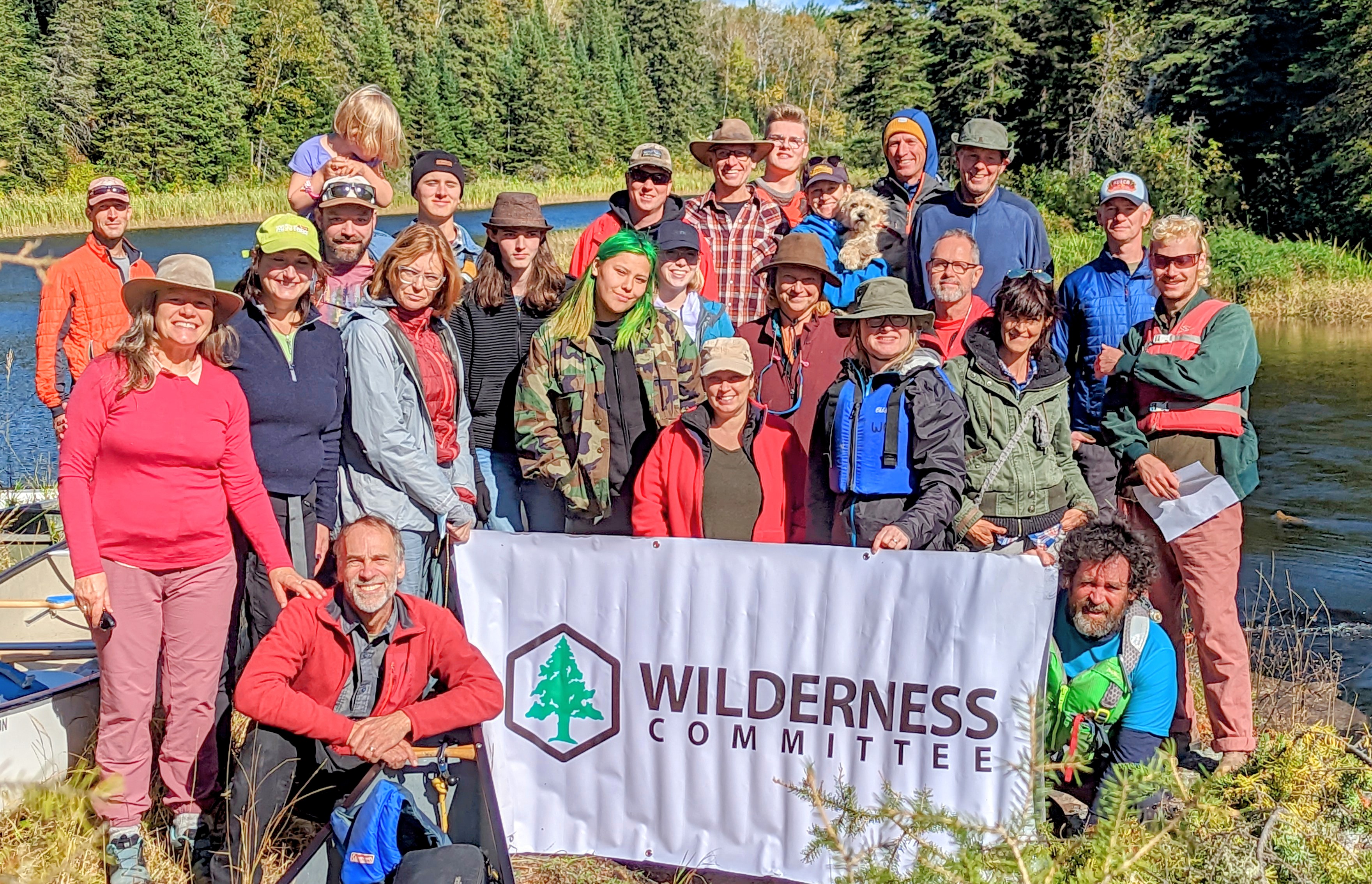
Environmental laws are the tools preserving our planet. Both businesses and governments need these laws to ensure they don’t harm the environment. Yet, we’ve seen these laws weakened in a misguided effort to allow businesses an easier time. Hog barn regulations were weakened, and the entire Sustainable Development Act was removed from law. Millions a month are spent to clean up mine waste companies abandon, and the cleanup of Lake Winnipeg will continue to cost far more than that well into the future.
We’re the ones who pay the price. What we should pay for is staff to enforce environmental laws and apply new science. However, Fish and Wildlife department staff now work for resource development instead of the environment branch. The protected areas department is down to a single staff member. It takes energy and resources to care for our environment.
Tell candidates
To reverse cuts to environmental laws and staff.
TAKE ACTION
|